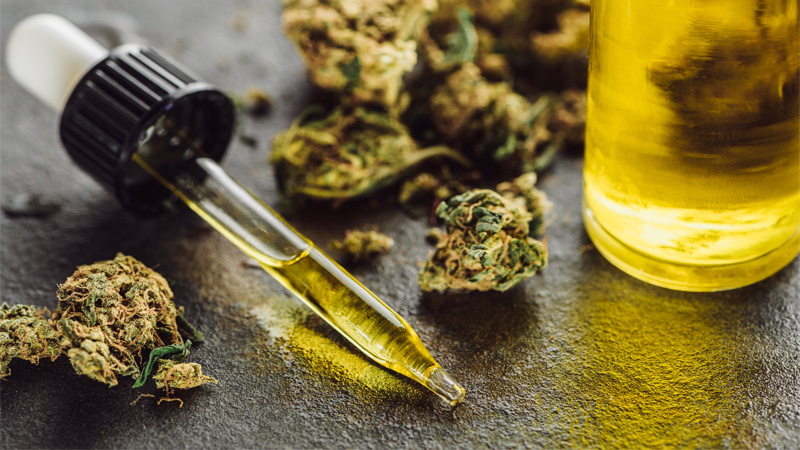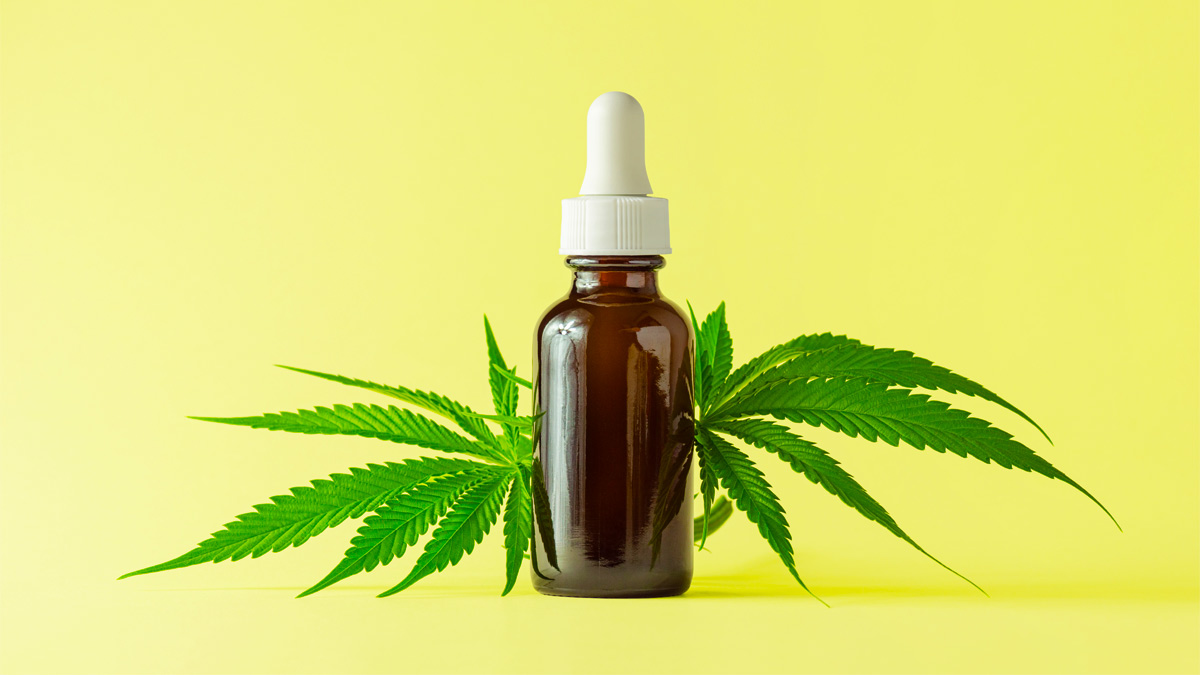CBD has been the topic of many conversations lately. With so much information to take in, it can be difficult to figure out if you could develop tolerance to it. If you are having a hard time figuring out how to go about this, then fear not.
In this article, we will discuss what CBD is and then give some helpful information on what tolerance is, if you can develop CBD tolerance, and understanding what THC tolerance is as well.
What Is Tolerance and How It Works
Tolerance, particularly to substances, is an individual’s diminishing response to medications or drugs. To feel the same effects, he’s consuming larger and larger amounts of the substance. Over time, the body becomes even less responsive to the drug, so he’ll be taking more of it to experience the same effects until he’s become dependent or addicted to the substance.
The amount of time for tolerance to develop will vary depending on one’s physiology as well as the type of drug. Drugs like opioids and opiates can quickly build tolerance even within days.
Can You Develop Tolerance to CBD?
Many people think that you can also develop tolerance to CBD, especially since this compound comes from cannabis. However, experts say that people can’t develop tolerance to CBD. It is because CBD does not bind to the same receptors — particularly the cannabinoid receptor type 1 — that THC activates to produce the psychoactive and addictive properties associated with cannabis.
When CBD binds to the receptors, instead of increasing the high, CBD deadens the mind-altering effects.
What is THC Tolerance?
THC tolerance is the term used you develop some resistance to the effects of THC. To feel the effects of THC, you’ll need higher THC doses. The higher the THC tolerance, the more you’ll need cannabis to experience the same THC effects.
Can You Develop THC Tolerance?
Yes. People can develop a tolerance to the psychoactive effects of THC. Some people even experience less pronounced effects after regular use of medical cannabis with high THC content.
This is because the cells and receptors have developed some resistance to THC. They’ve become less sensitive that you’ll need more THC in the system to stimulate the receptors again.
If this happens, you must take a break from THC to “reset” the receptor’s response to THC.
What Happens to Your Body When You Develop THC Tolerance?
When you develop THC tolerance, your body starts to require more and more of the drug to experience the same level of effects.
The process by which this happens is complex, but ultimately it leads to a decrease in how much THC can affect your brain. This means that over time, your body becomes less responsive to THC. It will take increasingly larger doses of cannabis for you to feel its effects.
What Should You Do When You Develop THC Tolerance?
When you develop THC tolerance, it means that your body has become used to its psychoactive effects. This can happen gradually over time, especially if you’ve been using THC frequently for some time.
There are a few things that you can do to manage and cope with THC tolerance, especially if you’re using it for medicinal purposes. These are:
- Be aware that tolerance is an inevitable process when it comes to addictive substances. However, it does not mean that you will need more and more THC to experience the same level of intoxication.
- Keep track of how much THC you are using each day and try not to exceed your threshold.
- If you are using lower doses of THC, it is important to talk to your doctor if you think you need to increase your dosage. He can help adjust your THC dosage and give you tips as well in coping with THC tolerance.
Why Do People Use CBD?

There are many reasons why you might want to use CBD, and here are just a few:
- CBD is effective in helping with a variety of health issues. Some of these conditions include anxiety, depression, chronic pain, and more.
- CBD is non-addictive and will not put you at risk of developing tolerance as well as dependence or addiction.
- CBD is safe for both children and adults to use. There have been no reports of severe adverse effects from using CBD oil in either group thus far. CBD may be used alongside other treatments for your condition. However, we recommend consulting with your doctor first about using CBD together with maintenance medications like antiepileptic and anticoagulant drugs.
- CBD will not make you tolerant of its effects. It can even create a reverse tolerance effect where you can decrease your dose as you continue using CBD.
Related Post: Does CBD Work for Tendonitis?
What is Reverse Tolerance in Using CBD?
Reverse tolerance is a term used to describe the ability of the body to use less of a substance over time as your cells and receptors become more sensitive and less resistant to it. This effect happens when you use CBD.
Instead of needing to take higher doses of CBD, the body adapts to the CBD effects and will need lower doses. This is a positive effect that CBD has.
Related Article: Does CBD Oil Help With Neuropathy?
What are the Negative Effects of CBD?
There are many potential side effects of CBD as well, but this usually depends on the dosage taken. Minor CBD side effects may be experienced such as dry mouth, dizziness, and loose bowel movements. However, these typically disappear when your body gets used to the presence of CBD.
What CBD will not do is induce anxiety or paranoia even if you take high doses of CBD.
If you do develop some side effects, you may lower your doses and speak with your doctor if you have any concerns about CBD’s side effects.
Related Article: What Does CBD Oil Taste Like?
Key Takeaway
CBD users should feel relieved knowing that CBD cannot cause tolerance. This proves that CBD is a safe and non-addictive product that can help relieve pain, anxiety, and other conditions without the risk of developing dependence, tolerance, or addiction.
When using CBD for the first time, we suggest beginning with a lower CBD dose and adjusting it accordingly until you find the CBD dosage that works best for your health. You may also want to try different CBD products to see which one gives you the best results.
